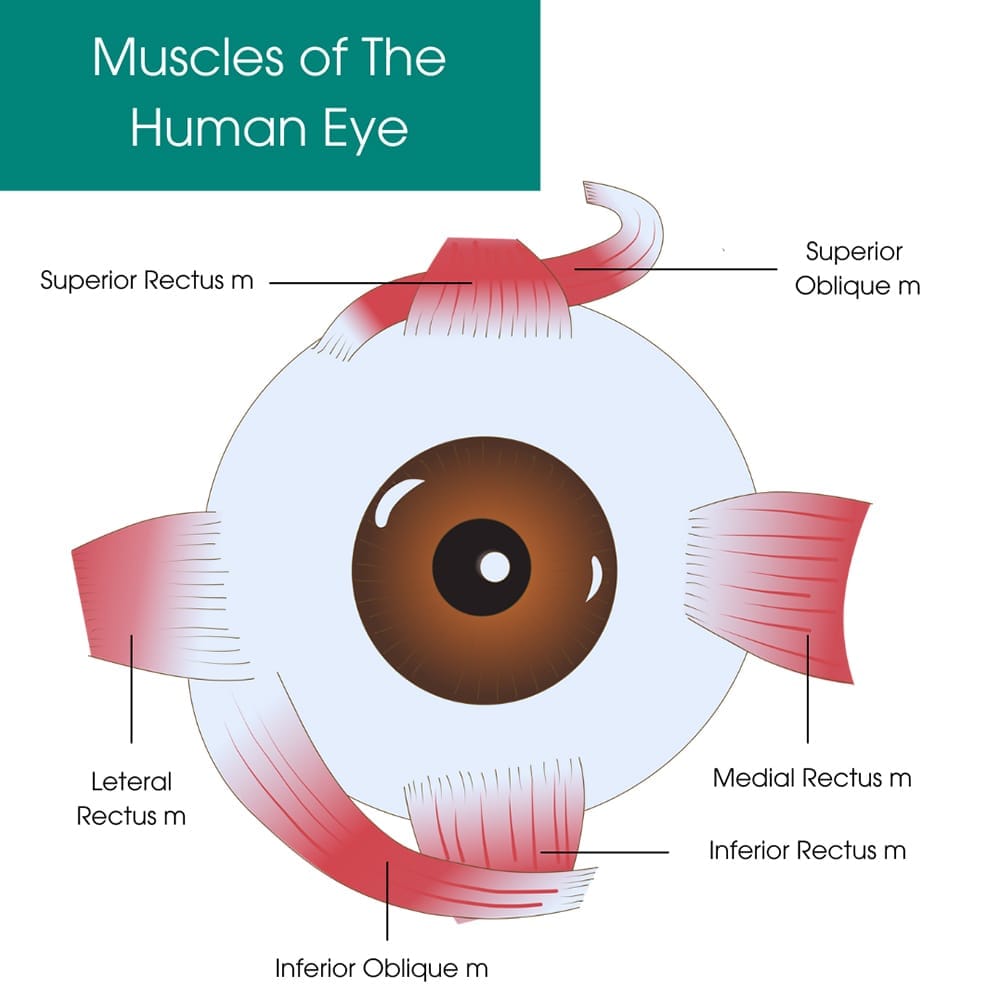Nystagmus is a condition that causes involuntary, rapid and repetitive movements of the eyes. It’s commonly referred to as uncontrolled eye movements. These movements are horizontal, vertical, diagonal or circular, and they vary in speed and intensity. Nystagmus affects one or both eyes, and it impairs your vision, balance and coordination. It also has different effects on vision, such as reduced visual acuity, difficulty focusing, sensitivity to light or double vision.
There is effective treatment for nystagmus at Eye Physicians in New York. This eye clinic has a team of experienced and qualified optometrists and ophthalmologists who specialize in nystagmus and other eye disorders. They use the latest technology and techniques to provide you with the best possible diagnosis and treatment for visual disorders and eye diseases.
 The exact cause of nystagmus may not always be known, and it varies from person to person. Uncontrolled eye movement has different causes depending on whether it’s congenital or acquired. Congenital nystagmus means that you’re born with the condition or develop it in early childhood.
The exact cause of nystagmus may not always be known, and it varies from person to person. Uncontrolled eye movement has different causes depending on whether it’s congenital or acquired. Congenital nystagmus means that you’re born with the condition or develop it in early childhood.
Some of the possible causes of congenital nystagmus include:
Acquired nystagmus means that you develop the condition later in life due to various factors, many of which you have no control over.
Some of the possible causes of acquired nystagmus include:
Nystagmus causes various symptoms that affect your vision and your daily activities. These symptoms may change over time or in different situations. Some people have mild or occasional symptoms, while others have severe or constant symptoms. No matter how severe your symptoms are, visit a nystagmus specialist to ensure you get the proper diagnosis and treatment.
The symptoms of nystagmus affect your personal, social and professional life because they interfere with your learning, working, driving and enjoying your hobbies.
It’s important to seek treatment for nystagmus as soon as possible when you experience symptoms such as:
Nystagmus has a negative impact on your vision and your quality of life if left untreated. You will experience reduced visual acuity or clarity, which affects your ability to read, write, drive or perform other tasks that require good vision.
You’ll also develop reduced depth perception or binocular vision, which affects your ability to judge distances, heights or speeds, and increases your risk of falls or accidents.
Other long-term effects may include:
The effectiveness of treatments offered by your Manhattan nystagmus specialist varies from person to person, as treatment depends on the type and severity of uncontrolled eye movements you experience.
That’s why it’s important to consult an eye doctor who recommends the best treatment option for you and monitors your progress.
Some of the possible acquired and congenital nystagmus treatment options include:
Eye Physicians is based in Downtown Manhattan employs a team of ophthalmologists and optometrists with extensive experience in diagnosing and treating nystagmus using the latest technology and techniques.
At Eye Physicians in New York City, you also have access to a variety of treatments for nystagmus and other eye conditions with innovative treatments that include:
Nystagmus is a treatable condition with effective methods to improve your vision and quality of life. However, it’s important to seek treatment as soon as possible, as delaying treatment leads to more complications and worse outcomes. Take action today and contact Eye Physicians in New York City to book your appointment.
Eye Physicians
110 Lafayette St, Suite 503
New York, NY 10013
(212) 292-4814
Entrust the care of your precious eyesight to highly skilled and experienced eye care professionals. For top-notch ophthalmologists and optometrists in Downtown Manhattan, choose Eye Physicians. Eye Physicians ensures prompt care, precise diagnosis, and personalized treatment plans.
Schedule an Appointment